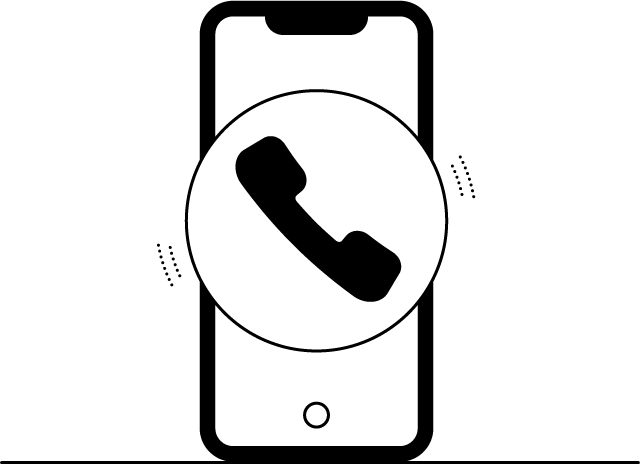If you’re worried that your card details or PIN have been disclosed, please call us on 03 456 100 100. We can have a chat about any concerns you may have and quickly arrange a new card and PIN if necessary.
Cards
Cancelling your card will have an immediate effect and you need to ring us to do this.
You can request a replacement card via Online Banking. Simply log on and go to ‘Balances’ then ‘Manage Account’ and ‘Card and PIN’.
Replacement cards take 5-7 working days to arrive and your old card will expire once the new card is used.
PINs
You can request a new PIN via Online Banking. Simply log on and go to ‘Balances’ then ‘Manage Account’ and ‘Card and PIN’.
If you don’t need a new PIN but you wish to change it or unlock your existing PIN, you can do this at an ATM (cash machine).
Changing username and passwords
To make sure that your accounts are more secure, you may want to change your log on details for your Digital and Telephone Banking. You can do this by calling us on 03 456 100 100.
Or, if you prefer, you can change your username and passwords via Online Banking. Simply log on and go to ‘My details’ then ‘Security details’. To make sure it’s really you who’s requesting the change, you’ll need your Secure Key to generate an extra security code.


